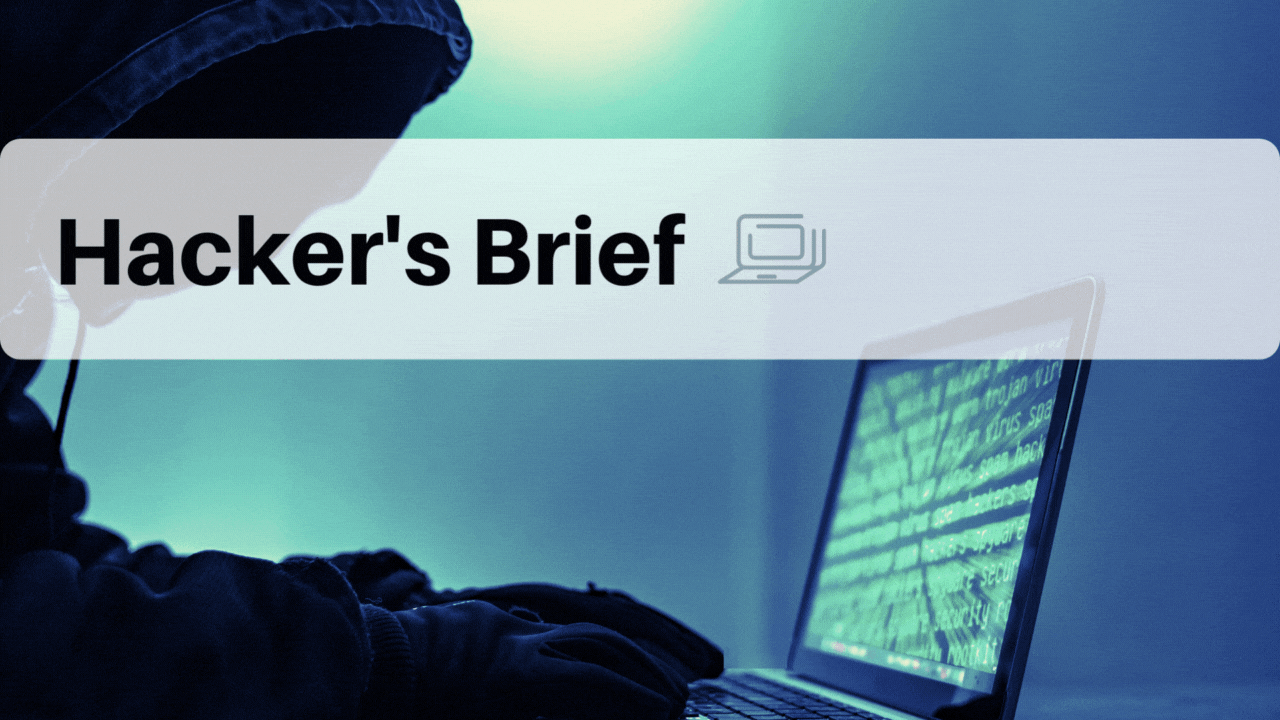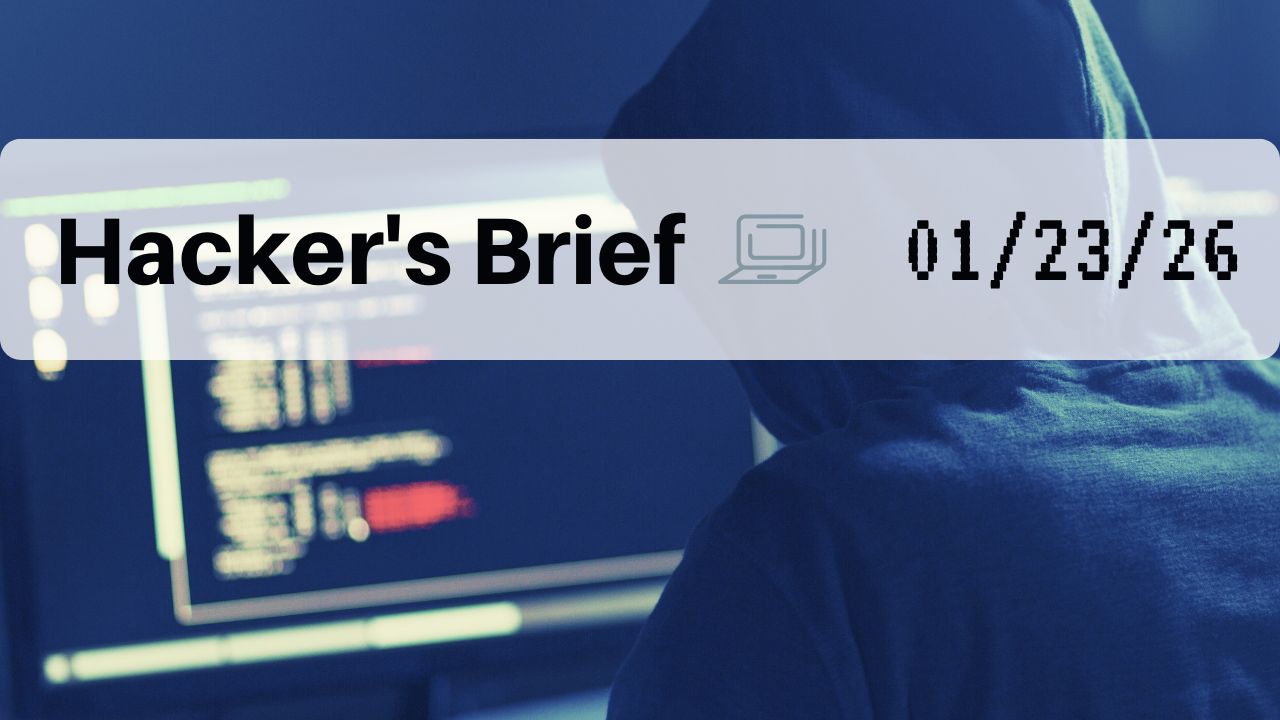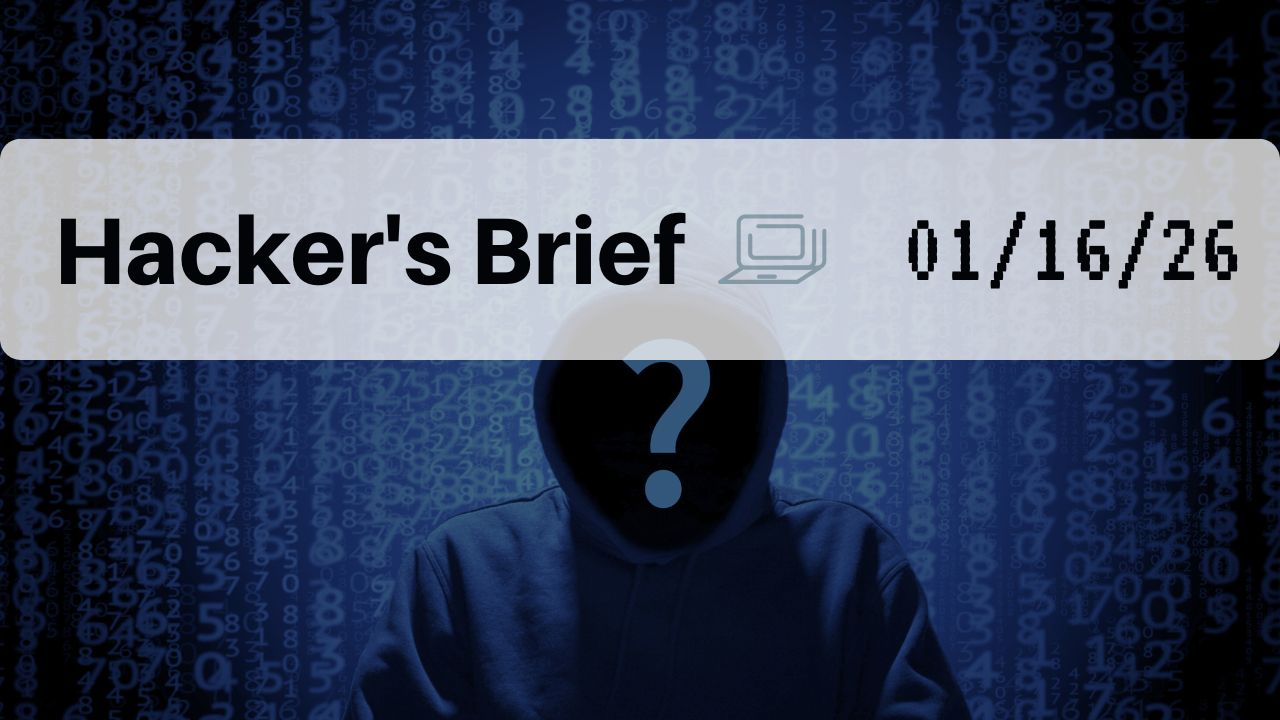
www.wyocan.org
www.cyberwyoming.org/alliance
307-223-1265, PO Box 2332, Laramie, WY 82073
Divine Deception:
A citizen reported receiving a scam email from a Gmail account beginning with “pastormail,” which was impersonating a real Reverend in Wyoming. The message stated, “do you have a moment I have a request I need you to handle discreetly. I am currently busy in a prayer session, no calls so just reply my email.” The email included the Reverend’s name, title, and the address and website of the church in Casper, Wyoming, along with a scripture reference (Ephesians 3:8), in an attempt to appear legitimate. CyberWyoming Note: This is a common scam where attackers impersonate or compromise the email of an authority figure to pressure recipients into quick action. If you receive a suspicious message like this, even from someone you know, do not reply. Always call the person directly using a trusted phone number to confirm its legitimacy.
Amazon Recall Text Trap:
A Laramie resident reported receiving a scam text message originating from a number with Brazil’s country code (+55). The message was part of a group text sent to 17 people and falsely claimed to be from Amazon. It stated that a product purchased in August 2025 was being recalled due to quality and safety concerns, listing a fake order number and directing recipients to a suspicious shortened URL for a refund. The message was designed to look official, using the sign off “Amazon Safety Team,” and attempted to pressure recipients into clicking the link under the pretense of protecting their safety. CyberWyoming Note: Do not click on links from unknown or suspicious messages, even if they appear to come from trusted companies. Instead, verify directly through the official website or customer service to confirm whether any recall or issue is legitimate. Block the sender and report the scam to help protect others.
The Importance of Employee Training in Cybersecurity Awareness:
Cybersecurity threats are becoming increasingly sophisticated, and while businesses continue to invest in advanced security technologies, many breaches still originate from simple mistakes made by humans. This makes cybersecurity awareness training essential, as staff are often the first line of defense when encountering potential threats. Proper training equips employees to recognize and respond effectively to risks such as phishing emails, ransomware, and weak password practices, reducing the chance that small errors escalate into major security incidents. Beyond best practices, many industries are legally required under regulations such as HIPAA, GDPR, and PCI-DSS to provide cybersecurity training, with noncompliance carrying financial and reputational consequences. Effective training programs should be interactive, role-specific, ongoing, and modeled by leadership to encourage engagement. Ultimately, investing in cybersecurity awareness training is far more cost-effective than dealing with the fallout of a breach, strengthening both organizational resilience and data protection.
– Brought to you by Integrated Computer Consulting (ICC)
iccusa.net/blogs/the-importance-of-employee-training-in-cybersecurity-awareness
The Truth About Celebrity Romance Scams:
Celebrity romance scams trick people by pretending to be famous actors, singers, or athletes online, building fake romantic relationships to gain trust and eventually ask for money. These scams target emotions, not intelligence, exploiting loneliness, vulnerability, or life changes. Scammers use private account messages, AI-generated content, and stolen photos to create a convincing illusion of intimacy. Victims often start with flirty messages and end up facing financial requests, emotional betrayal, and social isolation. Awareness and careful skepticism are key: celebrities don’t DM fans privately or ask for money. Support groups and open conversations can help survivors heal, reminding everyone that falling for such scams doesn’t reflect weakness, just human desire for connection.
– Brought to you by FightCyberCrime.org
fightcybercrime.org/blog/the-truth-about-celebrity-romance-scams/
Cyber Readiness Windows 10 End-of-Support Tips:
Microsoft will officially end support for Windows 10 on October 14, 2025. While your PC will still function after this date, you will no longer receive critical software updates, security patches, or technical support. This can leave your system vulnerable to risks like malware, ransomware, and other threats.
- Upgrade to Windows 11 if your PC is eligible.
- Replace older devices with a Windows 11-ready device if upgrades aren’t possible.
- Need more time? Purchase Extended Security Updates (ESU) for a temporary extension for coverage until October 2026. Note: you will need a Microsoft account. learn.microsoft.com/en-us/windows/whats-new/extended-security-updates
How to Check Your Version
- Press Win + R, type winver, and hit Enter.
- Or go to Start - Settings - System - About - Windows specifications.
Staying current with software updates is one of the easiest ways to protect against cyber threats.
– Brought to you by The Cyber Readiness Institute
MS-ISAC and CISA Patch Now Alert:
The Multi-State Information Sharing and Analysis Center (MS-ISAC) or the Cybersecurity & Infrastructure Security Agency (CISA) has published a patch now (update your software) alert for Microsoft products, Adobe products, and Ivanti products. If you use any of these products, make sure the software (or firmware) is updated.
Data Breaches in the News:
Navy Federal Credit Union, Salesloft Drift, Jaguar Land Rover, Premier Health, Wealthsimple, LoveSac, and Plex. Note: If you have an account with these companies, be sure to change your password and consider placing a credit freeze on your accounts through the three credit reporting agencies: TransUnion, Experian, and Equifax.
Please report scams you may experience to phishing@cyberwyoming.org to alert your friends and neighbors.
Other ways to report a scam:
- Better Business Bureau Scam Tracker: bbb.org/scamtracker/us/reportscam
- Wyoming Attorney General’s Office, Consumer Protection
- File a complaint with the Federal Trade Commission at reportfraud.ftc.gov
- Get steps to help at www.IdentityTheft.gov
- Report your scam to the FBI at www.ic3.gov/complaint
- Reported unwanted calls to the Federal Trade Commission’s Do Not Call Registration. Online at donotcall.gov/report.html or call 1-888-382-1222, option 3
- Office of the Inspector General: oig.ssa.gov
- If you believe someone is using your Social Security number, contact the Social Security Administration’s (SSA) fraud hotline at 1-800-269-0271.
- AARP Fraud Watch Network (any age welcome) Helpline 877-908-3360
- IRS: report email scams impersonating the IRS to phishing@irs.gov
- Call the Wyoming Senior Medicare Patrol (SMP) for assistance with potential Medicare fraud, abuse, or errors at 1 800 856-4398
- Victim Support: The AARP Fraud Watch Network and Volunteers of America (VOA) created a new, free program to provide emotional support for people impacted by a scam or fraud, called ReST. Visit www.aarp.org/fraudsupport to learn more about the free program and register








